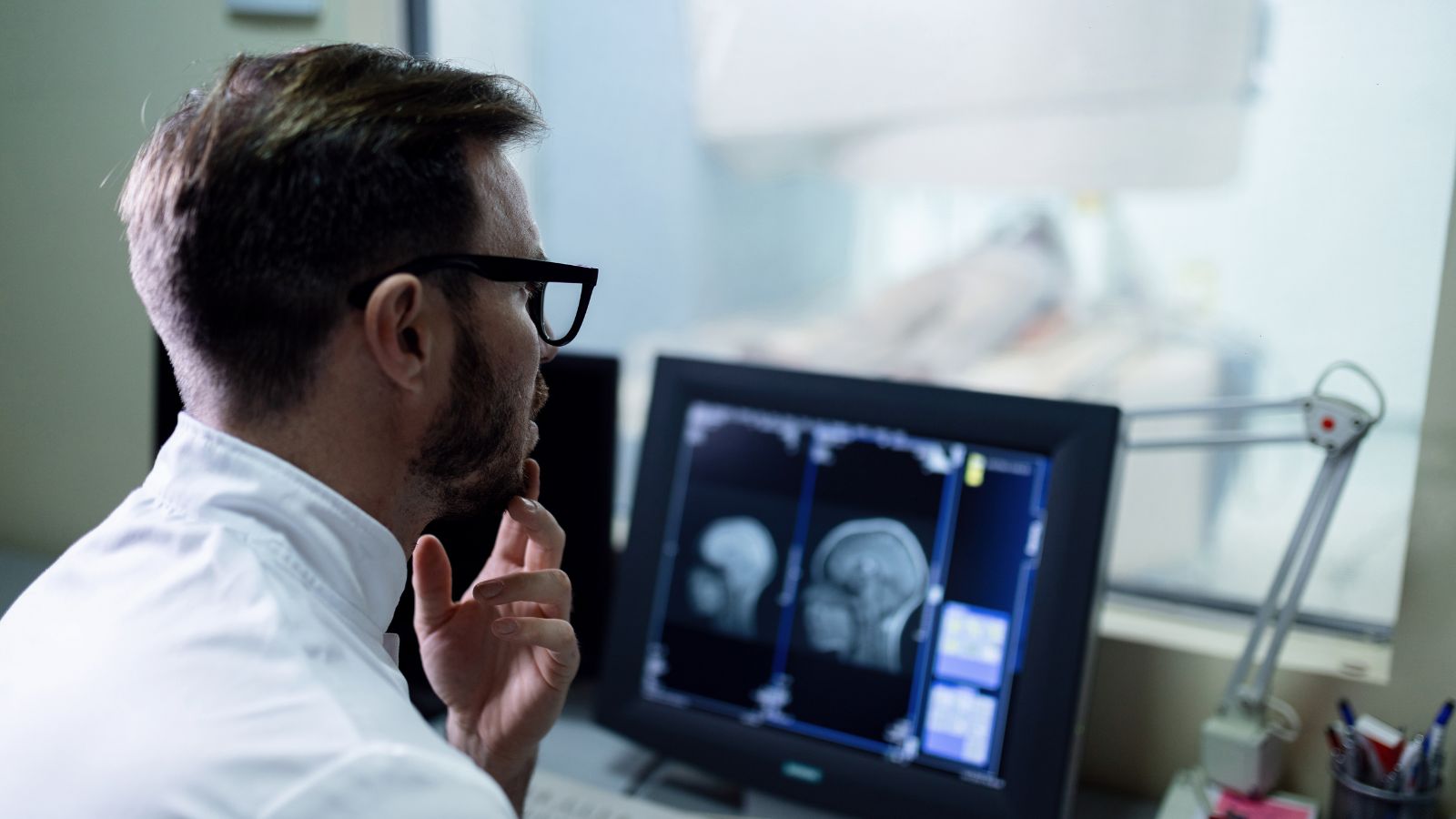Artificial intelligence is not only eroding cognitive ability of causal users. A recent study published in The Lancet Gastroenterology and Hepatology has offered clinical evidence that regular use of AI tools can lead to loss of essential skills among healthcare professionals. This raises urgent concerns about the wide adoption of AI in the healthcare space.
While earlier studies showed de-skilling owing to use of AI as a theoretical risk, the latest study shows real-world data that may potentially demonstrate de-skilling owing to use of AI in diagnostic colonoscopies.
“This would have implications for other areas of medicine as any de-skilling effect would likely be observed more generally. There may be a risk that health professionals who get accustomed to using AI support will perform more poorly than they originally did if the AI support becomes suddenly unavailable, for example due to cyber-attacks or compromised IT systems,” Dr Catherin Menon, principal lecturer at University of Hertfordshire’s Department of Computer Science, was quoted as saying by Science Media Centre.
Menon told the publication that while AI in medicine offers significant benefits such as improved diagnostic rates, the new study suggests that there could be risks that may come from over-reliance on AI. According to Menon, just like any technology AI can be compromised too making it important for health professionals to retail their original diagnostic skills. She warned that if not cautious, there would be a risk of poorer patient outcomes compared to before the AI was introduced.
What does the study say?
The study essentially says that routine AI assistance may lead to loss of skills in health professionals who perform colonoscopies. The observational study which was conducted across 1,400 colonoscopies found the rate at which experienced health professionals detect pre-cancerous growths in the colon in non-AI assisted colonoscopies decreased by 20 per cent several months after the routine introduction of AI.
While numerous studies have suggested that AI assistance may help doctors identify some form of cancers, this is the first study to suggest that use of AI could lead to a reduction in the ability of medical professionals and impact health outcomes that are important to patients. Highlighting the limits due to the observational nature of their study, the team called for further research into how AI impacts a healthcare professional’s abilities and ways to prevent loss of skills.
Colonoscopy is done to detect and remove benign (non-cancerous) tumours to prevent bowel cancer. Several trails have already demonstrated that use of AI in colonoscopies increases the detection of such tumours leading to widespread adoption. At the same time, there is also a dearth of research into how the continued use of AI affects the skills of endoscopists. It could be positive, or negative leading to reduction in skills.
Story continues below this ad
“Our results are concerning given the adoption of AI in medicine is rapidly spreading. We urgently need more research into the impact of AI on health professional’s skills across different medical fields. We need to find out which factors may cause or contribute to problems when healthcare professionals and AI systems don’t work well together, and to develop ways to fix or improve these interactions,” said author Dr Marcin Romańczyk, Academy of Silesia (Poland).
© IE Online Media Services Pvt Ltd

